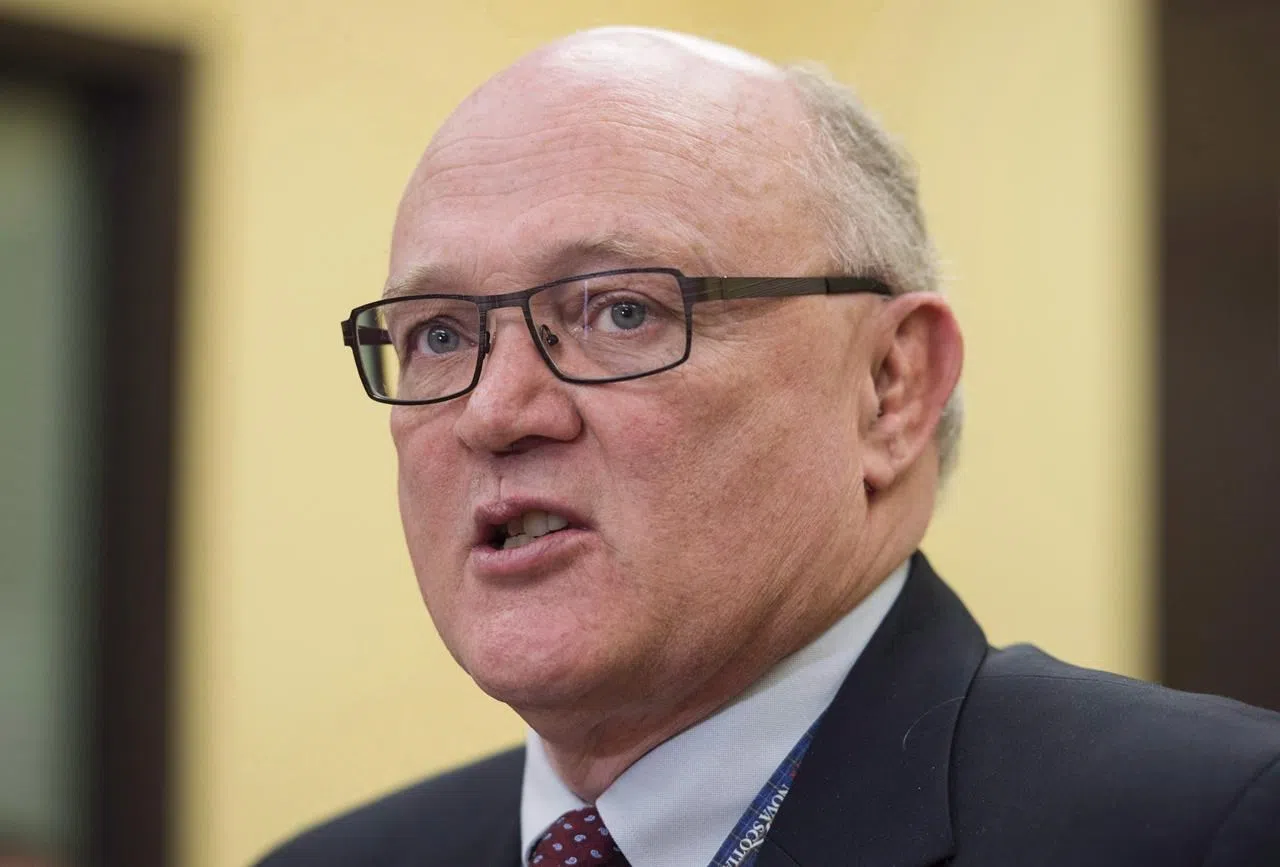
Nova Scotia must prepare for illicit fentanyl onslaught: public health officer
HALIFAX — Nova Scotia must prepare for a potential wave of deaths due to illicit fentanyl, and must as a result be careful in addressing painkiller over-prescription, says the province’s chief public health officer.
Robert Strang said Wednesday the linkage of the two issues was his prime take-away from discussions at the recent national summit examining Canada’s opioid crisis in Ottawa.
Strang said while the problem hasn’t reached Nova Scotia on a great scale yet, the effects of fentanyl being cut into street drugs such as marijuana and cocaine has put a strain on the emergency medical systems in British Columbia, Alberta and other provinces.
“It’s certainly creating huge amounts of toll on families and individuals on avoidable deaths,” said Strang.


